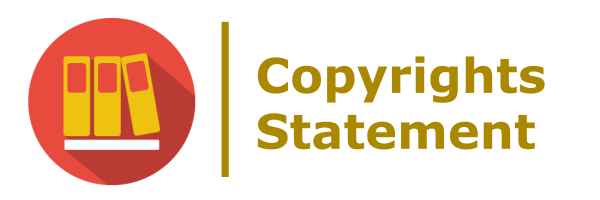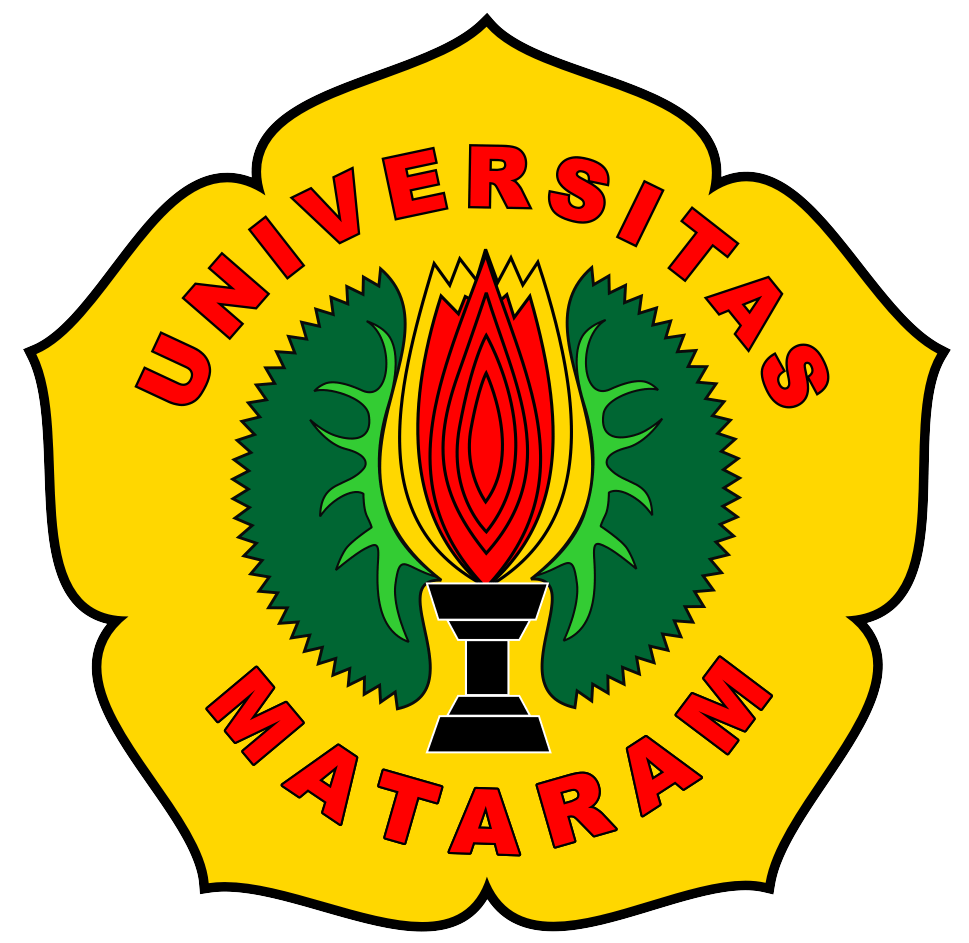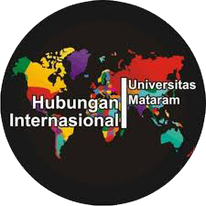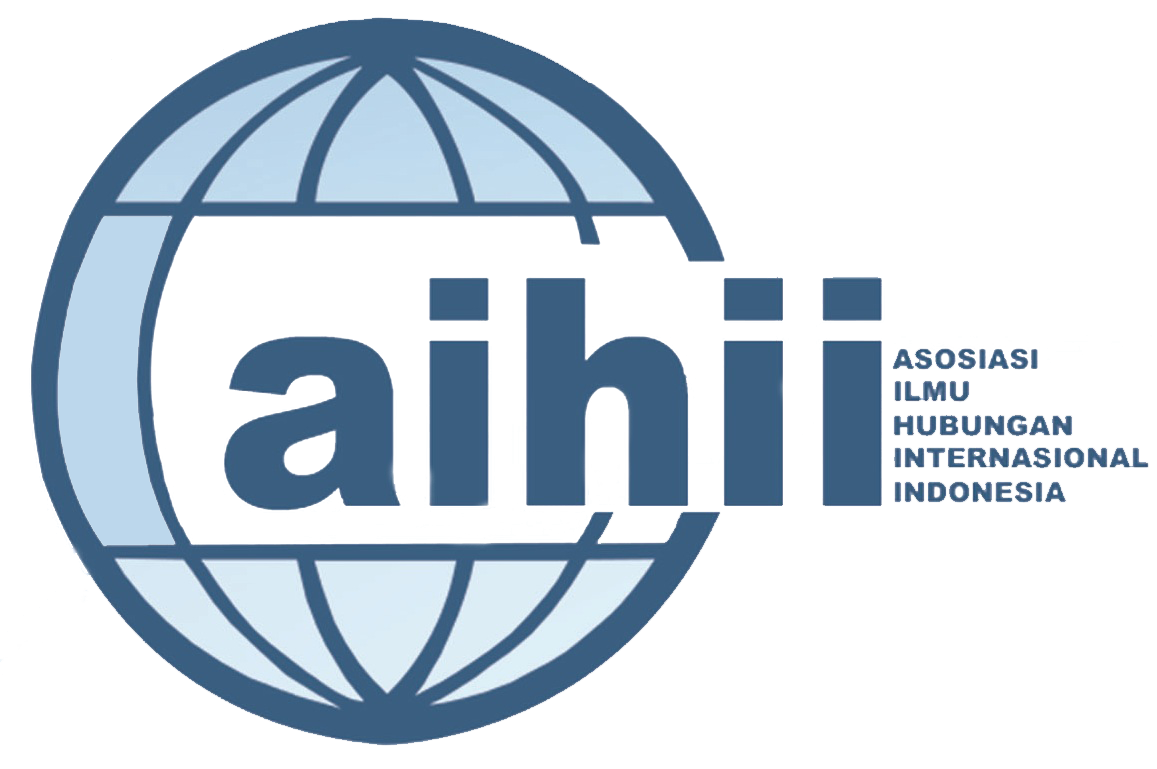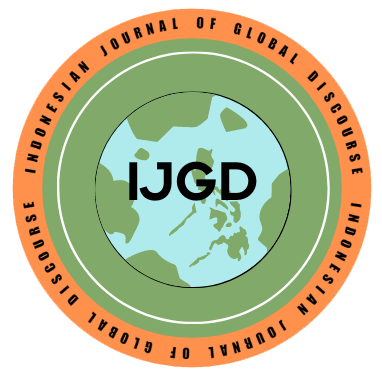Penyebab Instabilitas Ekonomi-Politik di Negara-negara Kepulauan Akibat Pandemi Covid-19: Studi Kasus Maladewa dan Kepulauan Bahama
DOI:
https://doi.org/10.29303/ijpss.v4i1.99Keywords:
Pandemi Covid-19; Maladewa; Kepulauan Bahama; negara kepulauanAbstract
ABSTRACT
Covid-19 pandemic brings multi-sectoral impact which encourages economic weakening and carries political instability. In this case, developing countries are affected massively by the pandemic. Vulnerable economic stability and unsteady government management encourage the state to experience inability to adapt to the restriction imposed during pandemic. Some developing countries that are not depended on tourism as their economic spine, still have chance to recover through other sector than tourism. However, the phenomena during pandemic appear to be such a condition where developing countries, which are ‘tourism-dependent’, experience terrific economic contraction. Especially, the archipelagic state that rely on natural tourism as the main attraction. The archipelagic states that rely on tourism and experience economic contraction along with political instability are Maldives and Bahamas Islands.
Keywords: Covid-19 pandemic; Maldives; Bahamas Islands; archipelagic state.
ABSTRAK
Pandemi Covid-19 memberikan dampak multi-sektoral yang mendorong melemahnya ekonomi hingga mengganggu stabilitas politik negara. Dalam hal ini, negara-negara berkembang merupakan objek yang terdampak pandemi cukup masif. Stabilitas ekonomi yang rentan dan manajemen pemerintahan yang goyah mendorong negara kesulitan beradaptasi dengan pembatasan yang diberlakukan selama pandemi. Beberapa negara berkembang yang tidak menggantungkan perekonomiannya pada pariwisata masih dapat memulihkan perekonomiannya dengan mengembangkan sektor lainnya sebagai penopang. Akan tetapi, melihat fenomena yang muncul di masa pandemi, maka dapat dilihat negara-negara berkembang yang bergantung pada sektor pariwisata mengalami kontraksi ekonomi yang cukup hebat. Terutama negara-negara kepulauan yang mengandalkan wisata alam sebagai destinasi andalannya. Negara-negara kepulauan yang bergantung pada pariwisata dan mengalami kontraksi ekonomi dan instabilitas politik antara lain yaitu Maladewa dan Kepulauan Bahama.
Keywords: pandemi Covid-19; Maladewa; Kepulauan Bahama; negara kepulauan.
References
REFERENCES
ADB. (2020). Coronavirus Disease Impact and Responses in Maldives. https://www.adb.org/
Ahmad, J. (2018). Desain penelitian analisis isi (Content analysis). Research Gate, 5(9).
Andrianto, T., & Sugiama, G. (2016). The Analysis of Potential 4A’s Tourism Component in the Selasari Rural Tourism, Pangandaran, West Java. Asia Tourism Forum 2016-the 12th Biennial Conference of Hospitality and Tourism Industry in Asia, 144–150.
Asian Development Bank. (2015). Maldives: Overcoming The Challenges of A Small Island State (Country Diagnostic Study). Asian Development Bank.
Auvray, B. (2010). Tourism in the Maldives: experiencing the difference from the Maldives. Tourism & Seductions of Difference.
Bahamas Ministry of Tourism. (2021). Islands Vacation. The Islands of The Bahamas. https://www.bahamas.com/
Baldacchino, G. (2006). Warm versus cold water island tourism: a review of policy implications. Island Studies Journal, 1(2), 183–200.
Baldacchino, G. (2016). Archipelago tourism: policies and practices. Routledge.
Baldacchino, G., & Ferreira, E. C. D. (2013). Competing notions of diversity in archipelago tourism: transport logistics, official rhetoric and inter-island rivalry in the Azores.
Carroll Ph D, J., Farmer, E., & Saa, S. (2016). Tourism planning in the Northern Bahamas. Journal of Tourism Insights, 7(1), 2.
CEPAL, N. U. (2020). Assessment of the effects and impacts of Hurricane Dorian in the Bahamas.
González Sánchez, C., Muñoz Salinas, F., & Roset Calzada, J. (2012). Tourism trends in the Caribbean. 6th Conference of the International Forum on Urbanism (IFoU): TOURBANISM, Barcelona, 25-27 Gener, 1–10.
Hampton, M. P., & Jeyacheya, J. (2020). Tourism-dependent Small islands, inclusive growth, and the blue economy. One Earth, 2(1), 8–10.
Hasyaimi, M. A. (2016). Analisis Perubahan Keputusan Pemerintah Maladewa Terhadap Kontrak Konsesi Bandara Internasional Male Dari Perusahaan GMR India Ke BUCG Tiongkok Pada Tahun 2010-2014. Global and Policy Journal of International Relations, 4(02).
Henderson, J. C. (2008). The politics of tourism: A perspective from the Maldives.
Hendrickson, M., & Skerrette, N. (2020). Industrial upgrading and diversification to address competitiveness challenges in the Caribbean: The case of tourism.
Holden, A., & Fennell, D. A. (2012). The Routledge handbook of tourism and the environment. Routledge.
IDB. (2020). The Impact of COVID-19 onThe Economies of The Region.
Khotimah, K., & Wilopo, W. (2017). Strategi pengembangan destinasi pariwisata budaya (Studi kasus pada kawasan Situs Trowulan sebagai Pariwisata Budaya Unggulan di Kabupaten Mojokerto). Jurnal Administrasi Bisnis, 42(1), 56–65.
Laigsingh, S. S. (2020). The Maldives as a Culturally Hybrid Tourism Destination: A Multimodal Discourse Analysis on the Branding of the Maldives for Western Backpackers and Luxury Tourists.
Lee, C.-F. (2014). An investigation of factors determining the study abroad destination choice: A case study of Taiwan. Journal of Studies in International Education, 18(4), 362–381.
MATI. (2021). Maldives Association Of Tourism Industry. MATI (Maldives Association Of Tourism Industry). https://mati.mv/
Mera, M. (2020). The Bahamas Country Note: Impact of COVID-19 and policy options. www.latinamerica.undp.org
Miles, M. B., & Huberman, A. M. (1994). Qualitative data analysis: An expanded sourcebook (2nd ed.). SAGE Publications Sage UK: London, England.
Ministry of Economic Development. (2020). Impact of the Covid-19 Crisis in the Maldives.
Ministry of Tourism. (2021). Updates on the COvid-19 Situation in the Maldives. Ministry of Tourism Republic of Maldives. https://www.tourism.gov.mv.covid19
Ministry of Tourism Republic of Maldives. (2019). Tourism Yearbook 2019. Statistics & Research Section Ministry of Tourism.
Mohajan, H. K. (2018). Qualitative research methodology in social sciences and related subjects. Journal of Economic Development, Environment and People, 7(1), 23–48.
MTDC. (2021). Corporate Information. MTDC (Maldives Tourism Development Corporation). http://www.mtdc.com.mv/en/corporate-information/
National Bureau of Statistics. (2019). Employment in Tourist Resorts.
Nowacki, M. (2013). The determinants of satisfaction of tourist attractions’ visitors.
Palmer, C., & Bolderston, A. (2006). A brief introduction to qualitative research. Canadian Journal of Medical Radiation Technology, 37(1), 16–19.
Rahardjo, M. (2018). Studi Teks dalam Penelitian Kualitatif.
Ranjan, A. (2020). COVID-19: Economic Impact and Challenges for the Maldives. ISAS Insights, 1(616), 1–5.
Rasheeda, F. (2012). Integrating culture and heritage into the tourism product of the Maldives. KDI School.
Razak, A., & Suprihardjo, R. (2013). Pengembangan Kawasan Pariwisata Terpadu di Kepulauan Seribu. Jurnal Teknik ITS, 2(1), C14–C19.
Russell, C. D. (2020). Addressing Leakages between the Tourism Hotel Sector and Other Sectors in The Bahamas. Walden University.
Salih, A. (2011). Third Tourism Master Plan (TTMP) 2007-2011.
Sangadji, E. M. (2010). Metodologi Penelitian Pendekatan Praktis dalam Penelitian. Yogyakarta: CV Andi Offset.
Seixas, B. V, Smith, N., & Mitton, C. (2018). The qualitative descriptive approach in international comparative studies: using online qualitative surveys. International Journal of Health Policy and Management, 7(9), 778.
Shandwick, W. (2020). The Bahamas Ministry of Tourism.
Taylor & Francis. (2013). Introduction. In Tourism (pp. 1–32). Taylor & Francis.
TDC. (2021a). About Us: Tourism Development Corporation. Tourism Development Corporation. https://www.tdcbahamas.com/about-us/
TDC. (2021b). Repositioning The Islands Of The Bahamas: A National Tourism Development Strategy 2017-2022.
The Goverment of Bahamas. (2021). COVID 19 Travel Requirements. The Islands of The Bahamas. https://www.bahama.com/travelupdates
Wright, A. (2018). Development Challenges in The Bahamas. Inter-American Development Bank: Washington, DC, USA.
Zubair, F. N. I., & Bouchon, F. (2014). Maldives as a backpacker’s destination: Supply and demand perspectives. Procedia-Social and Behavioral Sciences, 144, 256–263.
Downloads
Published
Issue
Section
License
Copyright (c) 2023 Indonesian Journal of Peace and Security Studies (IJPSS)

This work is licensed under a Creative Commons Attribution-NonCommercial 4.0 International License.


